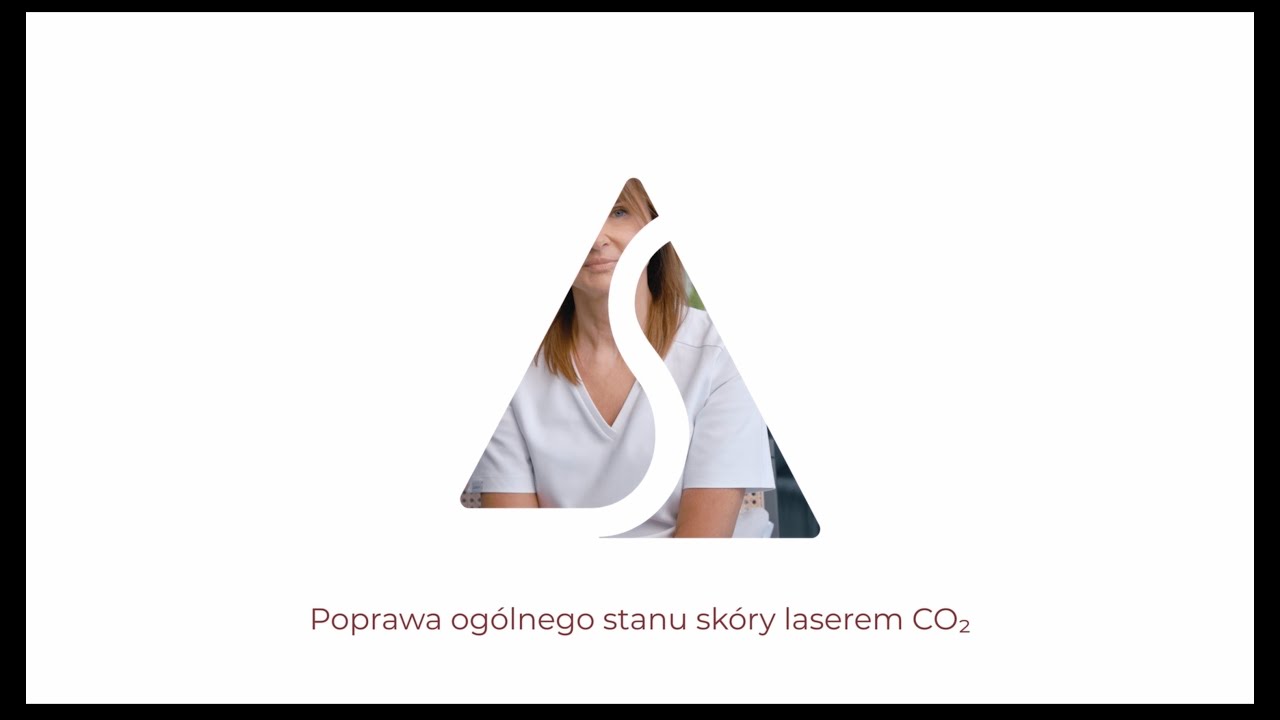Eczema - how to effectively fight skin imperfections?

Although eczema is often associated with adolescence, the problem also affects many adults. Skin lesions can appear regardless of age, and their causes range from hormonal disorders to inadequate skin care to stress and environmental factors. It's not just a matter of aesthetics, but also of skin health, so effectively combating imperfections requires a conscious and comprehensive approach.
Eczema - where do they come from and how to effectively prevent them?
Eczema is a common skin problem that can range from tiny, small blackheads to painful, purulent pimples. In fact, the lesions are the result of inflammation of the skin, which is caused by a malfunction of the sebaceous glands and excessive sebum production. When the outlets of the hair follicles are blocked by a mixture of sebum and dead skin cells, an ideal environment is created for the proliferation of bacteria, including Cutibacterium acnes (formerly Propionibacterium acnes). These are responsible for the development of inflammation and the appearance of painful lesions on the skin.
Not every type of eczema is the same - they can take the form of:
- Open blackheads (black dots) - are formed when the mouth of the hair follicle is open, and the accumulated sebum oxidizes when exposed to air, giving them a dark color,
- Closed blackheads (whiteheads) - small, subcutaneous lumps that do not come into contact with the air, so their contents do not darken,
- papules and pustules - red, inflamed pimples, often with purulent contents,
- Nodules and cysts - deep, painful lesions that can lead to scarring.
The main causes of pimples - what makes the skin out of balance?
Eczema is a multifactorial skin problem. Changes can be the result of hormonal disorders, inadequate care, diet, as well as genetic predisposition and lifestyle. Understanding the causes of their formation is important to effectively prevent them and implement appropriate care and treatment methods.
Hormonal disorders - the biggest culprit
One of the main culprits of eczema formation is hormonal disorders. It is the hormones that regulate the sebaceous glands, affecting the amount of sebum secreted. Puberty, pregnancy, polycystic ovarian syndrome (PCOS), hormonal changes associated with the menstrual cycle, as well as the use of certain medications, including birth control and steroids, can lead to the overproduction of sebum and the formation of imperfections.
Improper care - mistakes that can exacerbate the problem
Inadequate skin care is another factor that can lead to skin problems. The use of cosmetics containing comedogenic ingredients, excessive drying of the skin with aggressive preparations and lack of thorough makeup removal cause clogging of pores and development of inflammation. Too frequent exfoliation of the skin with mechanical scrubs leads to micro-damage, which instead of improving the condition of the skin, exacerbates the problem of acne.
Diet - does food affect skin condition?
Although the effect of diet on acne is not fully understood, many studies suggest that certain foods can aggravate skin lesions. Consuming large amounts of high glycemic index foods, such as white bread, candy and fast food, can lead to sudden spikes in insulin levels, which stimulates sebum production and promotes the formation of pimples. Some dairy products, which stimulate androgen secretion, can have a similar effect. A diet low in vegetables, healthy fats and antioxidants slows skin regeneration and weakens its natural defenses.
Genetic factors - can acne be inherited?
Genetic predisposition also plays a significant role in the appearance of acne. If there has been a family history of skin problems, it is more likely that a person will also struggle with them. Genetics affect the size and activity of sebaceous glands, the propensity for inflammation and the skin's ability to regenerate.
Stress - the silent enemy of the skin
Also not to be overlooked is the impact of stress, which increases levels of cortisol, a hormone that can stimulate sebum production and increase inflammation. Often people experiencing chronic stress notice a deterioration of their skin condition, especially in the case of hormonal acne.
Exposure to pollution and UV radiation
The last important factor is exposure to pollution and UV radiation. Smog, airborne toxins and lack of proper sun protection can cause damage to the skin, leading to premature aging, irritation and discoloration. UV radiation, which in small doses reduces sebum secretion and relieves acne, in the long run contributes to the thickening of the stratum corneum, resulting in an exacerbation of the problem with clogged pores and the formation of pimples.
How to effectively prevent eczema?
The effective fight against imperfections requires a comprehensive approach, including both proper care, diet and elimination of factors that can exacerbate the skin problem. The effective fight against eczema does not always end with home care. When skin lesions are severe, recurrent or do not respond to the cosmetics used, it is important to seek the help of a dermatologist or aesthetic medicine specialist. A consultation allows for an in-depth analysis of the problem and the implementation of effective treatment methods. The specialist will select an individual therapy plan, taking into account not only the condition of the skin, but also hormonal, dietary and lifestyle factors.
Professional cosmetological and aesthetic medicine treatments can significantly improve the condition of problematic skin, reduce inflammation and accelerate epidermal regeneration. It is worth using modern methods that work both on the surface of the skin and in its deeper layers, eliminating the causes of imperfections.
Specialized chemical peels - cleansing and regeneration
Professional peels are an effective method of removing dead skin, unclogging pores and smoothing skin. Treatments help reduce acne scars, reduce hyperpigmentation and help treat inflammation.
- I Peel Ormedic Lift - an enzyme peel that moisturizes, refreshes and cleanses the complexion. Thanks to its mild but effective formula, it is suitable even for people with sensitive and irritation-prone skin.
- I Peel Acne Lift - a specialized peel dedicated to people fighting acne and stubborn pimples. It helps regulate sebum secretion, reduces redness and accelerates the healing of inflammation.
- I Peel Signature Face Lift - an antioxidant and moisturizing scrub that not only smooths the skin, but also gives it a radiant look. It is an excellent alternative to stronger acid peels, which can be too aggressive for skin prone to irritation.
- BioRePeelCl3® FND - a peel with powerful exfoliating and regenerating effects. It helps reduce active acne, promotes epidermal reconstruction and restores the skin's uniform color.
- Prodigy Peel Pro System "P3" - An advanced chemical peel that effectively exfoliates dead skin cells, intensively moisturizes and stimulates regenerative processes. Particularly recommended for people struggling with recurrent eczema and acne scars.
Skin Pen Precision micro-needle mesotherapy - deep skin regeneration and reconstruction
Micro-needle mesotherapy is a modern method that involves controlled, precise pricking of the skin using a specialized device. The process stimulates natural regenerative mechanisms, boosting the production of collagen and elastin. As a result, the skin becomes smoother, tighter, and skin lesions, including pimples, acne scars or hyperpigmentation, are gradually reduced.
The treatment works on many levels - not only does it reduce the appearance of blemishes and scars, but it also improves skin texture, narrowing pores and evening out skin tone. Importantly, micro-needle mesotherapy is safe even for people with problematic skin, and the effects can be seen after just a few sessions.
FAQ
What are the most common causes of eczema?
Eczema is mainly caused by excessive sebum production, clogged pores and the proliferation of bacteria on the skin. Hormone fluctuations, inadequate skin care, stress, diet and genetic factors are also reasons.
What should the daily care of problematic skin look like?
Care for eczema-prone skin should include thorough cleansing, the use of toners or hydrolats that regulate sebum secretion, light moisturization and sun protection. It is advisable to choose cosmetics with anti-inflammatory, non-comedogenic properties and avoid aggressive mechanical scrubs.
Does squeezing pimples make the skin worse?
Yes, squeezing pimples can lead to the spread of bacteria, exacerbating inflammation and the formation of acne scars. It is better to use gentle acne preparations.
What professional treatments help reduce pimples?
Among the most effective treatments are chemical peels, such as I Peel Ormedic Lift and I Peel Acne Lift, which cleanse the skin and regulate sebum secretion. Skin Pen Precision micro-needle mesotherapy is also a good option, which stimulates regeneration and improves skin texture.
Are chemical peels safe for pimple-prone skin?
Properly selected chemical peels are safe and can effectively help treat acne and reduce scars. It is important that the treatment is carried out by a specialist who will tailor the type of acid to the skin's needs.
Can laser therapy help fight imperfections?
Laser therapy is an effective method of reducing acne scars, evening out skin tone and improving skin texture. It also helps regulate sebaceous glands, reducing the tendency to develop new pimples.
How long does it take to treat eczema-prone skin?
Treatment time depends on the severity of the problem and the methods used. The first results can be seen after just a few weeks, but in the case of more advanced skin lesions, the recovery process can take several months.
Is sun protection important with acne-prone skin?
Yes, the use of sunscreen is key, as UV radiation exacerbates inflammation, leads to hyperpigmentation and accelerates skin aging. Choose lightweight, non-comedogenic creams with SPF.
Worth watching





















